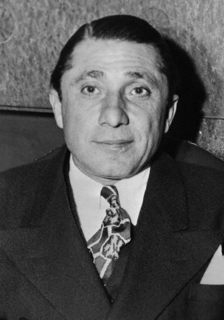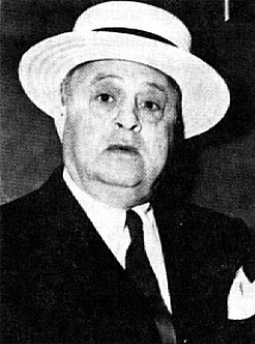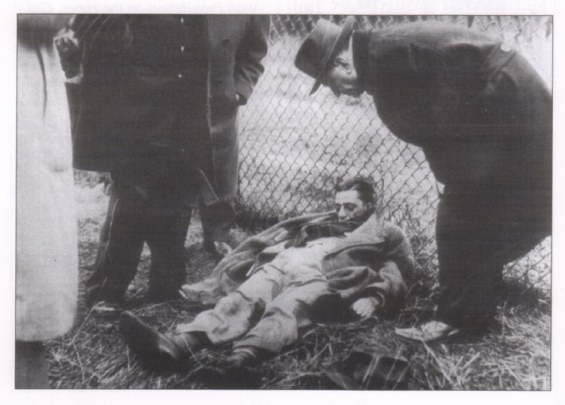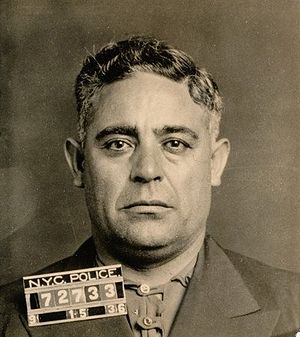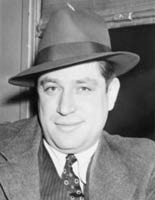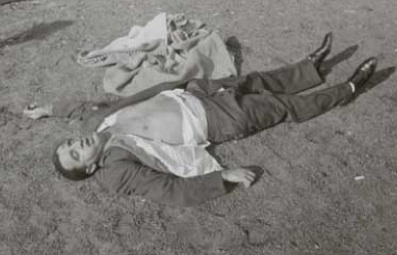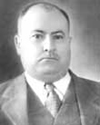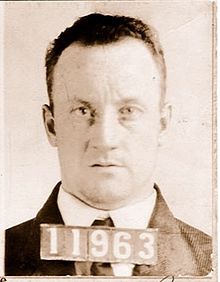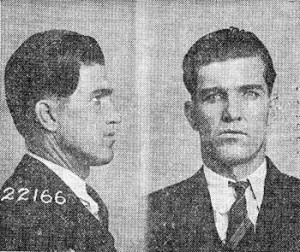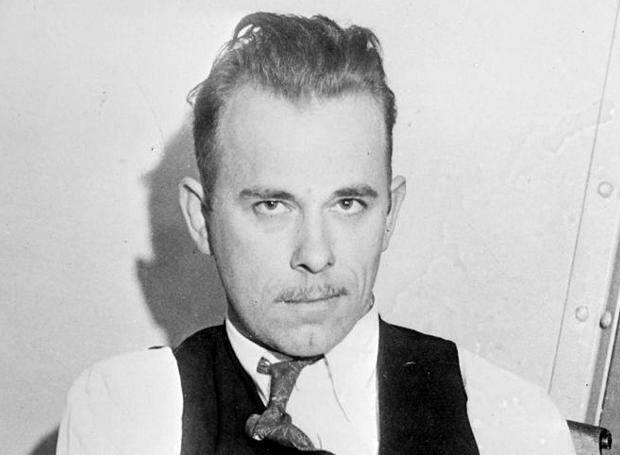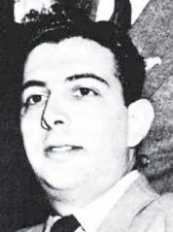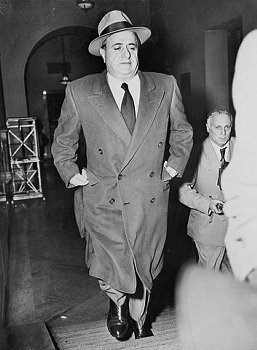Kansas City - 1930
Hiding out in the city, after escaping a prison term in Ohio by jumping out of a train, is the soon to be notorious outlaw, Charles "Pretty Boy" Floyd. Floyd's partner, Willis "Billy the Killer" Miller, is also notorious, having murdered his own brother in a saloon over the love a woman and having a predilection for fondling his revolver when not firing it. Dangerous solos, the two as partners in crime are trouble just waiting to happen ... and the first folks to have it happen to them are the Ash Brothers, Wallace and William.

Floyd
Two thugs involved in running narcotics, gambling, and making a buck here and there by informing to the police about the activities of local criminals, Wallace and William are the sons of Sadie Ash, a former Sunday school teacher turned all-around tough cookie by the Depression who runs a boardinghouse known to take in crooks, supply loose women to its patrons, and be amenable to gambling at all hours. Catering to the underside of society, Miller and Floyd become regulars at the establishment, drawn like bees to honey by two wild loving women that reside there, Beulah Baird, and her sister, Rose Baird. Creating difficulties to any love blossoming however, the two sisters are married to the Ash boys.

Sisters
Though separated from their husbands, Wallace and William consider the women to be their property and are less than pleased when they take up with Miller and Floyd (Rose finds herself falling for Miller, while Beulah is taken with Floyd, so taken that it is she that gives the outlaw the nickname "Pretty Boy"). Bad mojo, harsh looks and words are exchanged more than once and it is only matter of time before murder will be applied to someone. Things finally come to a head when a series of police raids hit the neighborhood ... raids that seem to be initiated using insider information and that almost result in Floyd's capture at a speakeasy. The outlaws are not happy!

Beulah
Receiving a phone call from Beulah on the 25th that the girls would like to meet and discuss a reconciliation with the brothers, Wallace and William head out in their Chevy for a rendezvous with their women, telling relatives instead that they are going to a spot on Eighth Street and Grand Avenue to listen to the merry radio antics of Amos & Andy. The sequence of events that follows that night are a mystery, what is known however is that the men show up on the 27th in a muddy ditch in a rural area of Rosedale, just across the state border in Kansas. Both Ash brothers sport large bullet holes in the back of their skulls, and nearby, their blue Chevy is parked, evidence removed, burnt to a crisp. Not Floyd's style, the executions do fit the personality of Miller, and though a witness states that on the night of the murders she saw Floyd and Miller in a car following Wallace and William, the crime is never officially solved. It is the first time in Floyd's career a murder is laid at his door ... it will not be the last though!

Floyd
Their burdensome husbands gone, the lovebirds are free to enjoy their new romances with Miller and Floyd ... but not for long. In April they will decide to vacation in Kentucky, and while shopping in the town of Bowling Green, the foursome find themselves in a sudden gun battle with authorities that costs Miller his life, sends Officer Ralph "Zibe" Castner to the morgue, puts Beulah in a local hospital with a serious head wound, and gets Rose arrested. Only Floyd makes it out of town.

Wanted
Fleeing back towards his Oklahoma stomping grounds, the outlaw is just getting starting with the many criminal acts that will make him a legend ... he has three years left to live.
